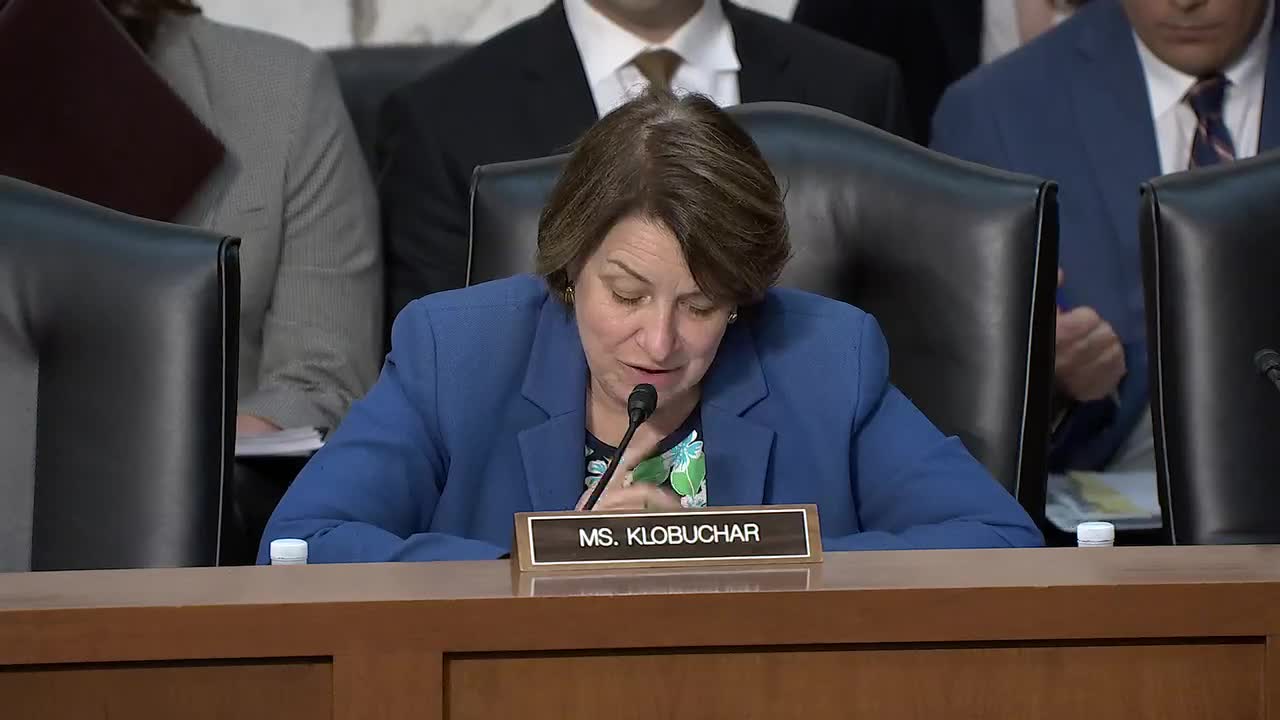Senator Kennedy questions lawyer Meredith on Bevin's controversial pardons and editorial rights
July 30, 2025 | Judiciary: Senate Committee, Standing Committees - House & Senate, Congressional Hearings Compilation
This article was created by AI summarizing key points discussed. AI makes mistakes, so for full details and context, please refer to the video of the full meeting. Please report any errors so we can fix them. Report an error »

During the U.S. Senate Committee on the Judiciary's Nomination Hearing on July 30, 2025, nominee Mr. Meredith addressed concerns regarding his impartiality as a judge, particularly in light of his previous role as a lawyer for former Kentucky Governor Matt Bevin. In response to questions about the burdens placed on women traveling significant distances for legal recourse, Meredith emphasized his commitment to fairness and even-handedness in the courtroom. He noted that support from attorneys across the political spectrum reflects his understanding of the distinction between advocacy and judicial responsibilities.
Meredith acknowledged his involvement in advising Governor Bevin on controversial pardons, specifically mentioning a case where he recommended against a pardon. He clarified that while he advised on one case, he was not involved in the broader context of the pardons that drew FBI scrutiny.
The hearing also touched on First Amendment rights, with a hypothetical scenario presented regarding editorial responses in major publications. Meredith affirmed that a publication could refuse to publish a response, highlighting the complexities of free speech in media.
Overall, the hearing underscored the nominee's commitment to judicial impartiality and the importance of maintaining the rule of law, setting the stage for his potential future role on the bench. As the committee deliberates, the implications of Meredith's responses will be closely watched by legal experts and the public alike.
Meredith acknowledged his involvement in advising Governor Bevin on controversial pardons, specifically mentioning a case where he recommended against a pardon. He clarified that while he advised on one case, he was not involved in the broader context of the pardons that drew FBI scrutiny.
The hearing also touched on First Amendment rights, with a hypothetical scenario presented regarding editorial responses in major publications. Meredith affirmed that a publication could refuse to publish a response, highlighting the complexities of free speech in media.
Overall, the hearing underscored the nominee's commitment to judicial impartiality and the importance of maintaining the rule of law, setting the stage for his potential future role on the bench. As the committee deliberates, the implications of Meredith's responses will be closely watched by legal experts and the public alike.
View full meeting
This article is based on a recent meeting—watch the full video and explore the complete transcript for deeper insights into the discussion.
View full meeting